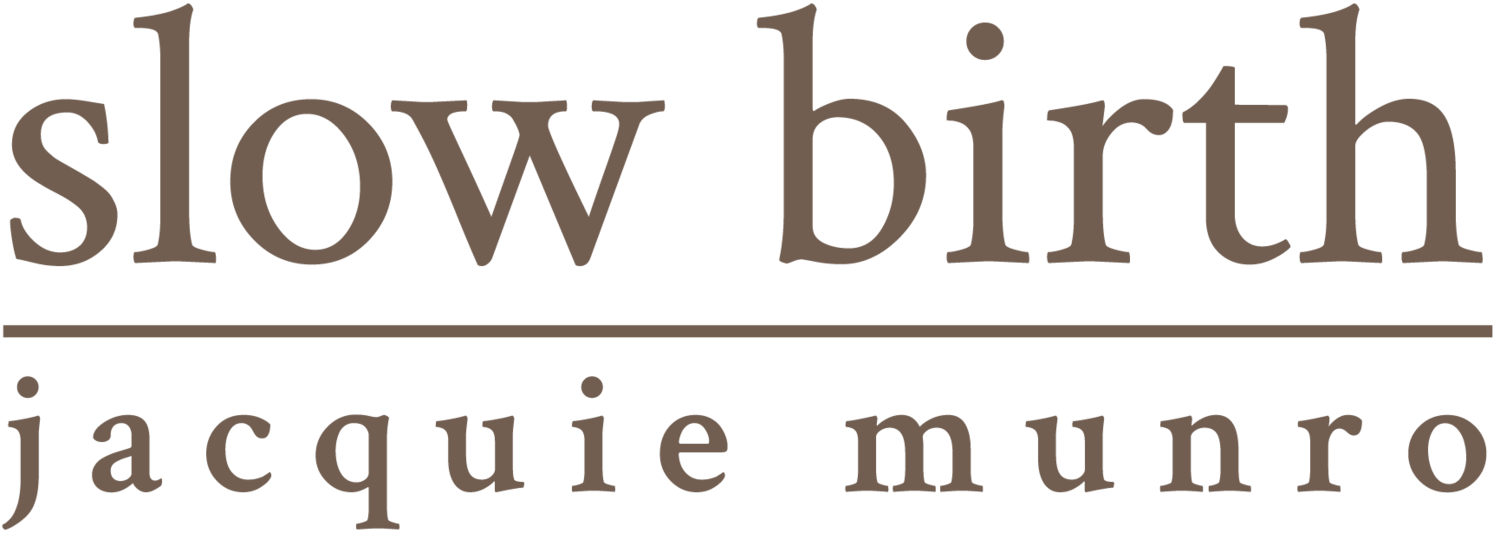I hope you enjoy listening this week as Jacquie, Alanna and I begin to share some strategies for developing family fundamentals. This week we start off by focusing on partner communication, which as anyone in a long term relationship will know is key to a happy and healthy couple.
These strategies will come in handy whether you're a new couple laying the foundation of your relationship and planning for the future, or a veteran parent who is looking for new ways to approach communication, conflict and recognition.
You’ll find todays show notes as well as past episodes on slowbirth.com/agilefamily. We hope you’ll also join in sharing your comments and feedback with us via Twitter @agilefamily, and send any questions for future episodes via email at theagilefamily@gmail.com.
Here's a summary of our family fundamentals for communication:
Communication Basics
Talking - open sharing
Listening - active acknowledgement and asking question
Reflecting - take time to process your thoughts and build connections together
Create Space to Talk
Develop family rituals, in nature if possible
Invest time daily to talk and connect
Check in with long term plans, goals, and desires - weekly, monthly or yearly?
Approaching Adversity
Managing stress and concern
Do you argue, debate or discuss - acknowledge and align your style
Take an objective point of view
Admit when you're wrong and apologize
Accept limitations of time, place, finances, ability, etc.
Recognition
Practice communication skills by celebrating each other
Invest time by participating in each other's interests
Protect time for yourself and your partner
Recognize that there is no "one perfect way"
Resources and References
Follow Wheaton’s Law and listen to this song - “It’s okay to not like things”
Check out designmom.com

